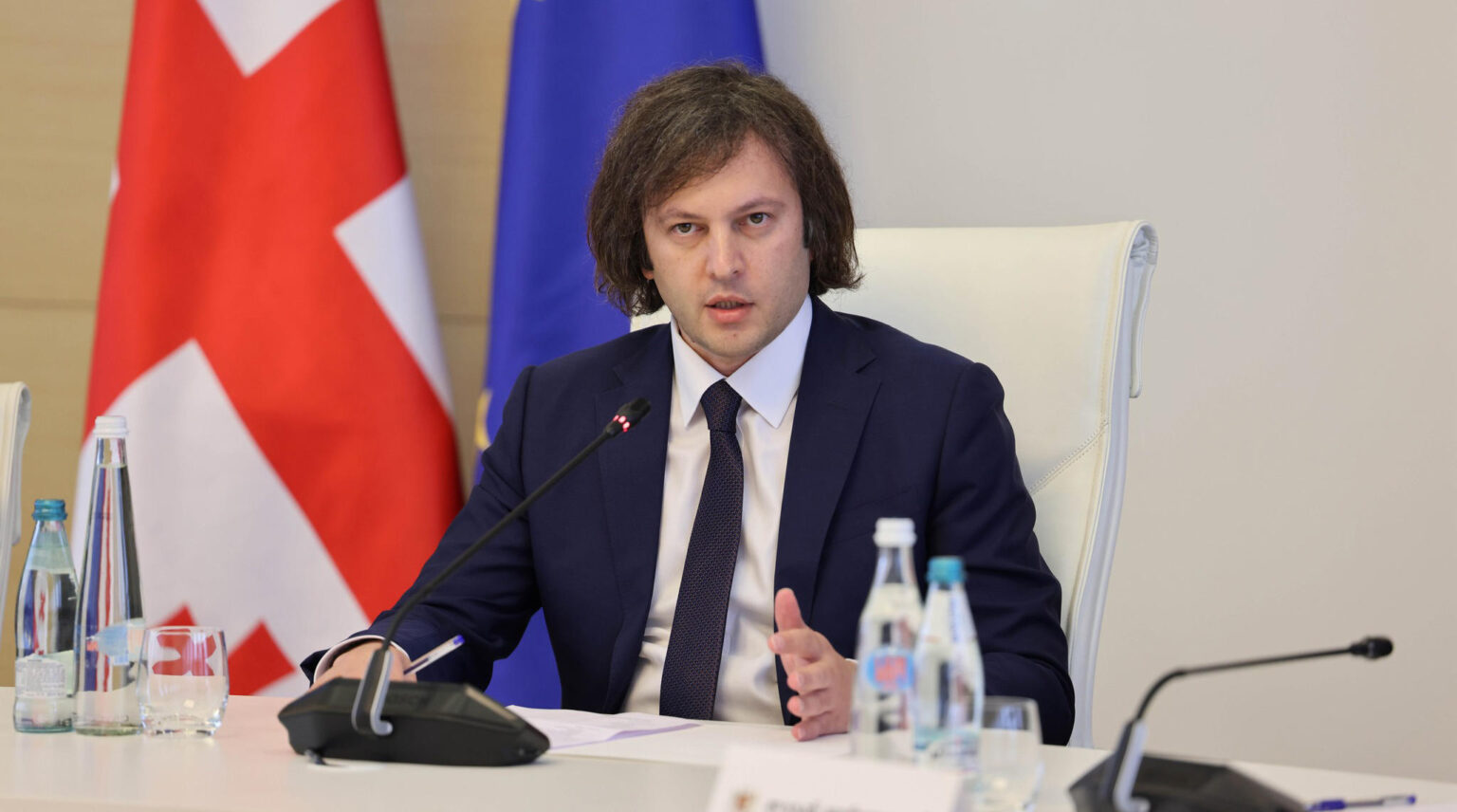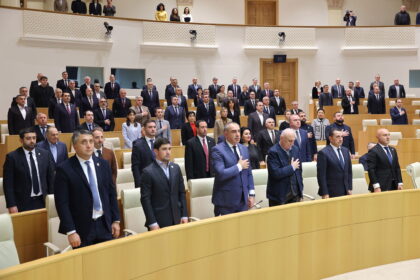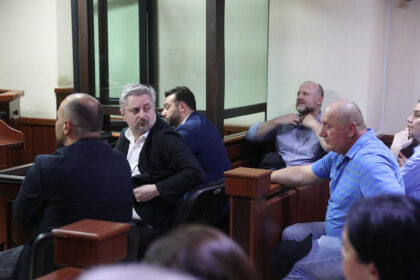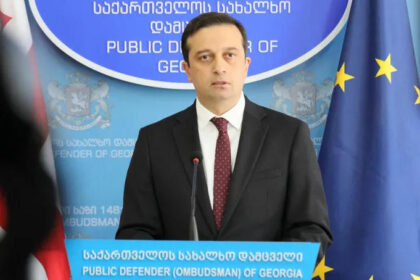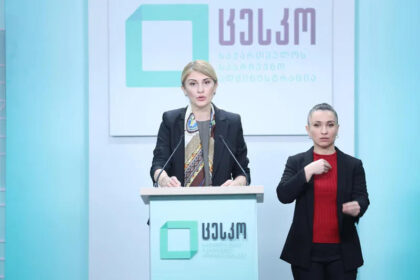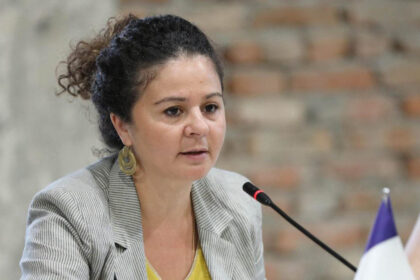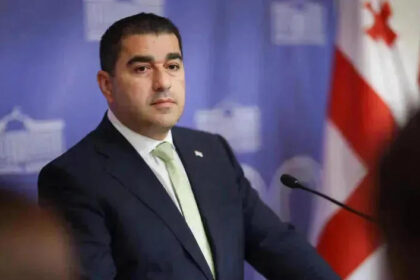**Georgian Prime Minister Slams “Deep State” Propaganda**
In a statement published on social media, Georgian Prime Minister Irakli Kobakhidze has strongly criticized the practice of labeling opponents as “pro-Russian.” According to Kobakhidze, this tactic is a well-tested method of the “deep state,” aimed at discrediting and silencing political opponents.
Kobakhidze pointed out that the “deep state” uses the media as its most effective tool to spread propaganda. He cited examples from around the world, where opposition leaders have been labeled “pro-Russian” without any evidence being presented. In France, for instance, Marine Le Pen was labeled pro-Russian when her ratings reached a critical level. Similarly, in Romania, presidential election winner Călin Georgescu was declared pro-Russian and later had his victory canceled.
In Georgia, Kobakhidze claimed that the “deep state” has been waging a similar campaign against the ruling party, Georgian Dream. The sole reason for labeling the government as “pro-Russian,” he said, is that it does not act on external orders, has cleansed all branches of government of agents, protects sovereignty, and does not allow LGBT propaganda or get involved in war.
Kobakhidze also mentioned a powerful line of propaganda directed against the founder of the ruling party, Bidzina Ivanishvili. Despite years of accusations about his pro-Russian stance and Russian ties, no evidence has been presented to the public.
The Prime Minister credited US politician Tulsi Gabbard for exposing the “deep state” and called on the public to be aware of the methods used by oligarchs’ informal governance to discredit political opponents.
**Commentary**
This statement from Georgian Prime Minister Irakli Kobakhidze highlights a worrying trend in politics around the world. The practice of labeling opponents as “pro-Russian” or other pejorative terms has become a common tactic for discrediting and silencing opposition voices. This approach is not only unfair but also undermines democratic values.
The examples cited by Kobakhidze are striking, and it’s clear that this phenomenon is not unique to Georgia. In fact, the “deep state” seems to be using similar tactics in various countries, including France, Romania, and Hungary.
It’s worth noting that the accusations against Bidzina Ivanishvili have been ongoing for years, yet no concrete evidence has been presented. This raises questions about the motivations behind these attacks and whether they are part of a broader effort to undermine the Georgian Dream government.
**Deeper Analysis**
The concept of the “deep state” refers to a network of powerful individuals and organizations that operate outside of formal government structures but still wield significant influence over policy-making. The idea is not new, but its use as a propaganda tool has become increasingly sophisticated in recent years.
By labeling opponents as “pro-Russian,” the “deep state” aims to create an image of these politicians as illegitimate or unpatriotic. This approach can be effective in silencing opposition voices and creating an environment where dissenting opinions are marginalized or even banned.
However, as Kobakhidze pointed out, this tactic relies on propaganda rather than evidence-based arguments. It’s a strategy that is both unconvincing and undemocratic, as it seeks to undermine the democratic process by discrediting opponents without giving them a fair hearing.
In conclusion, the statement from Georgian Prime Minister Irakli Kobakhidze highlights a disturbing trend in politics around the world. The use of propaganda tactics to silence opposition voices is a threat to democratic values and must be countered with evidence-based arguments and a commitment to transparency and accountability.
Read More @ www.interpressnews.ge




